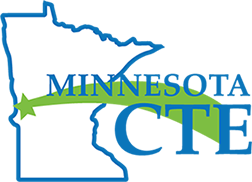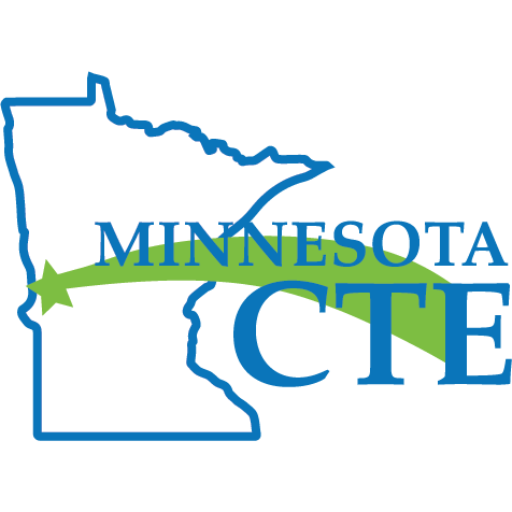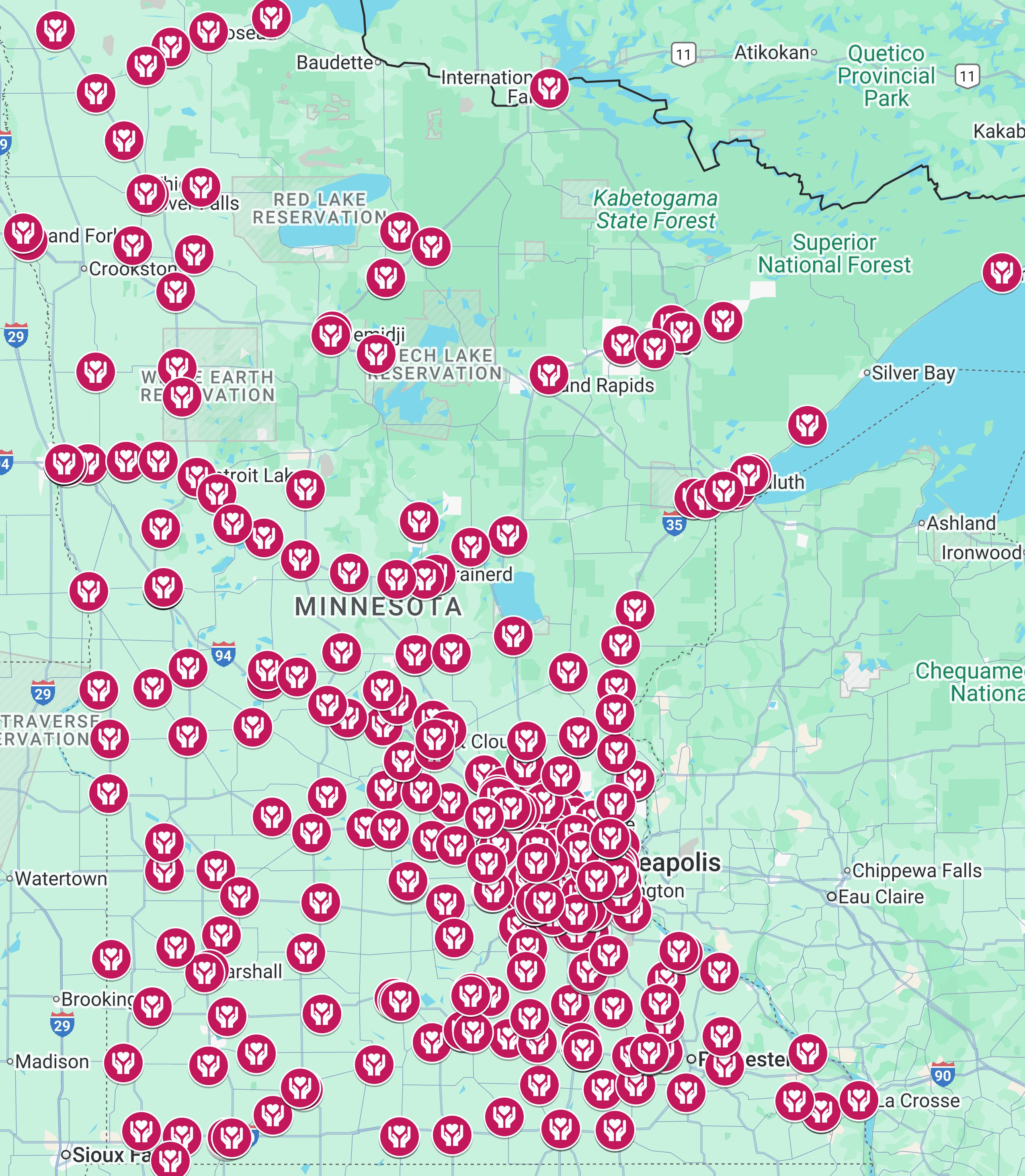Career and Technical Education:
Hospitality, Design, and Entertainment
Creating & Experiencing

Background
Hospitality, Design, and Entertainment Education (formerly Family & Consumer Science; FCS) prepares individuals for employment in a wide range of events and entertainment occupations, including food, fashion, and textiles. Hospitality, Design, and Entertainment careers relate to consumer needs such as the management, marketing, and operations of restaurants and other food services, lodging, attractions, recreation events, and travel related services.
Hospitality, Design, and Entertainment is one of the three original Career and Technical Education (CTE) areas, created in 1917 by the Smith-Hughes legislation. Hospitality, Design, and Entertainment has evolved in the more than 100 years since its inception from home economics courses just for girls to now supporting good paying, highly skilled, and sought after careers in creative design/textiles, hospitality/culinary, and other creative and experience-based services. The student organization for this field, the Family, Career, and Community Leaders of America, or FCCLA, was formed in 1945 originally as the Future Homemakers of America, or FHA. As of 2024, more than 220 districts offer Hospitality, Design, and Entertainment programs in Minnesota, including 529 teachers and 78,786 students grades 5-12.
The Creating and Experiencing career field on the federal Career Wheel includes two clusters: (a) Design, Arts, & Entertainment and (b) Hospitality, Events, & Tourism.
Licenses for this area include:
– Broad-based license for the entire field: Family & Consumer Sciences broad-based-090100.
– Careers license for the Design, Arts, & Entertainment cluster: Creative Design careers-300400.
– Careers license for the Hospitality, Events, & Tourism cluster: Hospitality Service careers-300600.
– Cross-cutting career-license for the Digital Technology cluster: Communication Technology careers-300000.
– Cross-cutting careers license for the Management & Entrepreneurship cluster: does not exist yet in Minnesota.
– Cross-cutting career-license for the Marketing & Sales cluster: does not exist yet in Minnesota.
Minnesota is Focused on Creating and Experiencing Life
Minnesota is a state of mind filled with adventure, culture, and curiosity. And we’re a state of opportunity, committed to building what matters and making the world a better place for everyone. Minnesotans working in the consumer services industry help people meet their basic needs so they can live in dignity and achieve their highest potential, with a shared belief that when Minnesotans help other Minnesotans, we create a brighter future for all of us.
- 4th Most Educated State (DEED, 2024)
- 3rd in Child Well-Being (Kids Count Report, 2022)
- 4th Best State to Live in All Rankings (US News and World Report, 2024)
- 5th in Percent of Population with a High School Degree (DEED, 2024)
- 3rd in Labor Force Participation Rate for Women (DEED, 2024)
- 2nd in Quality of Life (World Population Review, 2022)
- 1st Least Stressed State (WalletHub, 2023; 2nd in 2022; 3rd in 2021; 1st in 2020)
- 3rd Best State to Raise a Family (WalletHub, 2024; 2nd in 2023)
MN Hospitality & Ent. Companies

Three Components of Hospitality, Design, and Entertainment Education

Courses and Labs
Academic, Rigorous Instruction
Hospitality, Design, and Entertainment Education prepares students for high wage, high skill, and in demand jobs and careers in culinary, hospitality, and fashion and textiles careers. CTE integrates science and math, ideally while meeting high school graduation requirements and earning college credit and industry certifications. CTE is contextual, combining classroom and laboratory, often making heavy use of project-based learning.
Essential elements include: career awareness, exploration, and preparation; programs of study based on industry; and a balance of classroom and laboratory instruction, which uses technology.

Work-Based Learning
Technical, Relevant Experience
Students learn best by doing. A work-based learning (WBL) project is an extension of the classroom, where students develop specific technical and career knowledge that prepares them for their future. Within CTE, students begin exploring careers of interest, followed by relevant experiences with business and industry, most often through internships or simulated School-Based Enterprises at the school such as a school restaurant or childcare operation.
Essential elements include: work-based learning opportunities guided by training agreements and training plans; safety instruction and policies.

Minnesota FCCLA
Affective, Relationships/Leadership
FCCLA is the Career and Technical Student Organization (CTSO) for Hospitality, Design, and Entertainment and is available to any student who has taken a course in Hospitality, Design, and Entertainment. Minnesota FCCLA promotes personal growth and leadership development through Hospitality, Design, and Entertainment Education. State membership as of 2022 was more than 2,973 students in 54 FCCLA chapters.
Essential elements include: leadership development opportunities through student organizations or other means.
Career Clusters within Hospitality, Design, and Entertainment Education

Design, Arts, and Entertainment

Hospitality, Events, and Tourism
Example Courses
Hospitality, Design, and Entertainment Education State Leadership and Professional Organizations



Hospitality, Design, and Entertainment Teacher Preparation

Advanced mentoring and induction for those who have recently completed a teacher preparation program (Tier 3) or those who have completed CTE-TIP (Tier 2 or Tier 3) and need license-specific support to build a program, design and adopt curriculum, and enhance their teaching and pedagogy.















